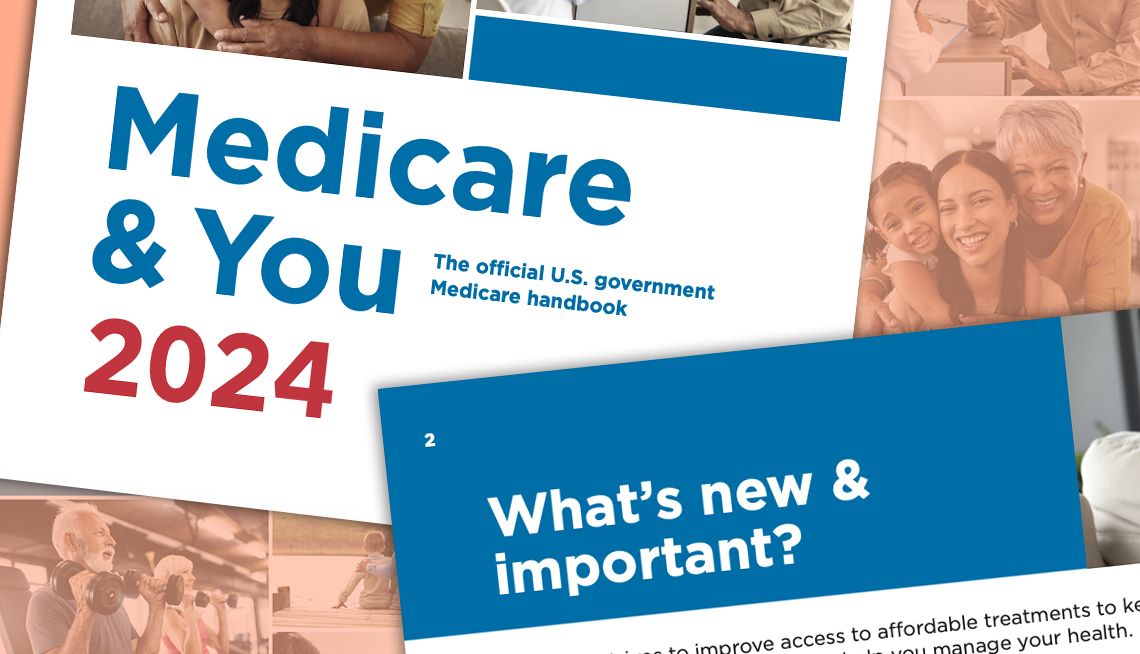
Turning 65 is a significant milestone, and for many individuals, it’s also the time to start thinking about healthcare options, such as Medicare. However, if you’re still working at 65, you might be wondering whether you need to sign up for Medicare or if you can delay enrollment. In this blog post, we’ll explore the options available to you and provide guidance on making an informed decision.
Understanding Medicare
Before delving into the specifics of Medicare enrollment while still working at 65, let’s briefly understand what Medicare is. Medicare is a federal health insurance program primarily designed for individuals aged 65 and older. It consists of several parts, including Part A (hospital insurance), Part B (medical insurance), Part C (Medicare Advantage), and Part D (prescription drug coverage).
Medicare Part A is usually premium-free for most individuals who have paid Medicare taxes while working. Part B and other parts typically require monthly premiums. When you turn 65, you become eligible for Medicare and can choose to enroll during the Initial Enrollment Period (IEP), which spans seven months around your 65th birthday.
Working at 65: Employer-Sponsored Health Coverage
If you are still working at 65 and have employer-sponsored health coverage, you may wonder whether you should sign up for Medicare. In most cases, if you work for a company with 20 or more employees, your employer-provided health coverage generally becomes the primary insurer, and Medicare serves as secondary coverage. In such cases, it may be beneficial to delay enrolling in Medicare Part B to avoid paying unnecessary premiums while maintaining your employer-sponsored health coverage.
When to Enroll in Medicare
If you’re still working at 65 and have employer-sponsored health coverage, the general rule of thumb is to enroll in Medicare Part B when you decide to retire or when your employer-sponsored health coverage ends. Medicare provides a Special Enrollment Period (SEP) that allows you to sign up for Part B without penalty once your employer coverage ends. However, it’s essential to check with your employer’s benefits department or consult a Medicare specialist to ensure a smooth transition and avoid any gaps in coverage.
Considerations and Exceptions
While delaying Medicare enrollment might make sense for many working individuals at 65, there are a few important considerations and exceptions. If you work for a small company with fewer than 20 employees, Medicare generally becomes the primary insurer, and you should enroll in both Part A and Part B during your IEP.
Additionally, if you have a Health Savings Account (HSA) through your employer and plan to continue contributing to it, enrolling in Medicare Part A or B will make you ineligible to contribute further. However, you can still delay Part B enrollment without penalty until your HSA-eligible employment or coverage ends.
Conclusion
Navigating Medicare while still working at 65 requires careful consideration of your specific circumstances. Understanding your employer-sponsored health coverage, knowing when to enroll, and being aware of exceptions will help you make an informed decision. Consult with your employer’s benefits department or a Medicare specialist to ensure you make the best choice for your healthcare needs.





